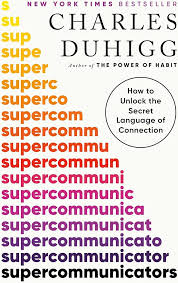Recently, AMD CEO Lisa Su spoke at Stanford's Graduate School of Business. She described how leaders should be aiming to provide opportunities for their people to tackle hard problems. She argued that you won't be sure they can achieve those ambitious goals, but your job is to create those opportunities and provide them support. For employees, their goal should be to have an intense curiosity about solving tricky problems and an interest in exploring new challenges. Together, a leader looking to provide challenges and an employee with curiosity can be a perfect match. Here's an excerpt from Lisa Su's interview:
Well, I think the most important thing for all of us is to have a deep curiosity of just solving problems. That’s my view of the world. When I think about… In the early part of my career, some of the most difficult things, like the first product I ever worked on was a product that was a microprocessor, and we were just about to announce the processor and nothing worked. I mean, the chip did not work. We didn’t know why it didn’t work, but the company was about to announce it. And you think, “Oh, that’s terrible.” That’s very stressful. But actually, what it is it allows you to really galvanize teams on really taking, opening up every ounce of creativity you have to figure out, okay, how are we going to figure out why is this not working and how do we bring it, move the projects forward?
And so that’s what I view as the beauty of hard problems. You can work on anything in life, but when you work on a really hard problem, or in a company context, when you work on, let’s call it the most important projects, you can garner an incredible amount of just resources, creativity, focus that will allow you to do something that you wouldn’t imagine possible. That’s what I believe is the most important thing managers do or leaders do. What leaders do is they actually bring teams together to do something that nobody thought was possible. And that’s what I enjoy about the world that we’re in, is that you’re working on problems that are super interesting and quite impactful to the industry, and you’re also working on something that someone hasn’t done before.








